Eyes, JAPAN
Life is too short for bad coffee
Maneesha
Grab a cup of coffee, here we go…
First of all thank you for reading my article, and I hope you read until the end while enjoying it. The reason behind writing this article is that, while I was going through the company calendar, I noticed that there is an event named “International Sake/ Coffee Day” created by our CEO for the date, 1st of October. That’s how you know exactly how important coffee is for our company. So here I am writing a blog on coffee, specifically about the psychology and rituals of coffee taste perception.
If someone asks me, “What type of coffee would you like to drink on a daily basis?”, I would say, DRIP COFFEE!
You see, previously I was used to drinking a lot of tea, before I moved to Japan. Since moving, I started consuming coffee, initially caffé latté either instant sticks or from a coffee shop. But once I started working at Eyes, JAPAN, I began drinking drip coffee made by coworkers and later started making it by myself. During this time is when I realized that my personal enjoyment of the coffee does not just begin and end in the consuming phase, but right at the very beginning, from taking the coffee bean jar and reading it’s label with the country of origin and the flavour notes, to grinding the coffee and making it by hand, to finally drinking it while observing the different notes.
Let’s dive a little deeper into the complete experience of not only drinking coffee, but brewing it as well.
The psychology behind every sip
You know what’s fascinating? Two people can drink the exact same cup of coffee and taste two completely different things. I noticed this multiple times during work. While my colleague tastes a chocolaty flavor, I feel the fruity side, and we’d both be drinking from the same brew. It turns out that your brain is not just waiting there to receive the flavour information, but it is actually working in a way that it’s predicting what you are about to taste before the coffee even hits your tongue. Scientists call this “top-down” processing, and simply put, your brain is using past experiences to create expectations. Think about it, when you see a label that says “Rwanda, whole bean coffee”, your brain immediately starts pulling up memories and building a story about what that coffee should taste like.
Here is the part where it gets interesting. Let’s say you’re expecting those comforting chocolate notes from your morning brew, but instead you get hit with a bright and unexpected acidity. Your brain registers this as a “prediction error” – basically it’s like, “wait, this is not what I signed up for!” And sometimes, that surprise can actually block you from noticing all the other amazing qualities the coffee has. But there is a silver lining, once you know this is happening, you can work with it. When I brew my drip coffee now, I purposely shift my focus so that instead of just expecting my usual flavours, I actively look for those subtle notes mentioned in the bag. “Is there fruitiness?”, “What about clarity?”. By changing what I’m looking for, I’ve genuinely started tasting more complexity in my daily cup. It’s like unlocking a completely new level of appreciation that was always there, and failed to notice.
Why rituals transform taste?
So we’ve talked a bit about what your brain does with taste, but here’s something equally important.. The ritual itself changes how much you enjoy your coffee. It’s a completely different experience when you are the person making your own coffee before consumption. The whole process became this intentional sequence – measuring the beans, grinding them (and yes, listening to that sound), heating the water to just the right temperature, slowly pouring in circles. And you know what, the coffee genuinely started tasting even better. At first, I questioned myself, “Am I imagining this?”, but there’s actual research backing this up (references at the end of the blog). When you perform a ritual before consuming something, it enhances the experience. Not just a little bit – significantly! The reason is actually pretty straightforward. Rituals increase your personal involvement and focus. You’re not just drinking coffee anymore, you’re participating in the entire experience.
Think about the difference between grabbing an ready-made coffee and making it yourself. When you are actively involved – smelling the beans as you measure them, feeling the warmth of the cup, watching the water bloom through the grounds, you are building anticipation and attention. Your brain is fully engaged with what’s about to happen. And here is why it really matters: it has to be your ritual. Watching someone else make coffee, even if they follow the exact same steps, doesn’t have the same effect on us. There is something about doing it yourself, about that active participation, that transforms the experience from routine into something you genuinely look forward to. So whether your ritual is a precise pour-over technique or simply taking a moment to appreciate the aroma before your first sip, that intentional focus is what turns an ordinary cup into something special. It’s not just about the coffee anymore, it’s about the entire experience you’ve created around it.
So, what now?
Now that the international coffee day has passed (hope you all enjoyed it btw), I’d encourage you to try this mindful approach to your next cup. You definitely don’t need to become a coffee expert overnight or invest in fancy equipment. I’m not even an expert. Just start small. Maybe tomorrow morning, instead of rushing through your usual routine, take an extra minute to actually smell the coffee before you drink it. Notice the aroma, pay attention to the first sip, and see if you can pick out any of those flavour notes on the label.
And if you are feeling adventurous, try making drip coffee by hand at least once. Trust me, there’s something almost meditative about the whole process. Plus, it gives you the perfect excuse to tell your coworkers, “Sorry can’t start the meeting yet, I’m in the middle of a ritual” – which definitely sounds more impressive than “i’m just making coffee.”
Life is too short for bad coffee…
Cheers to better cups and better mornings! ☕
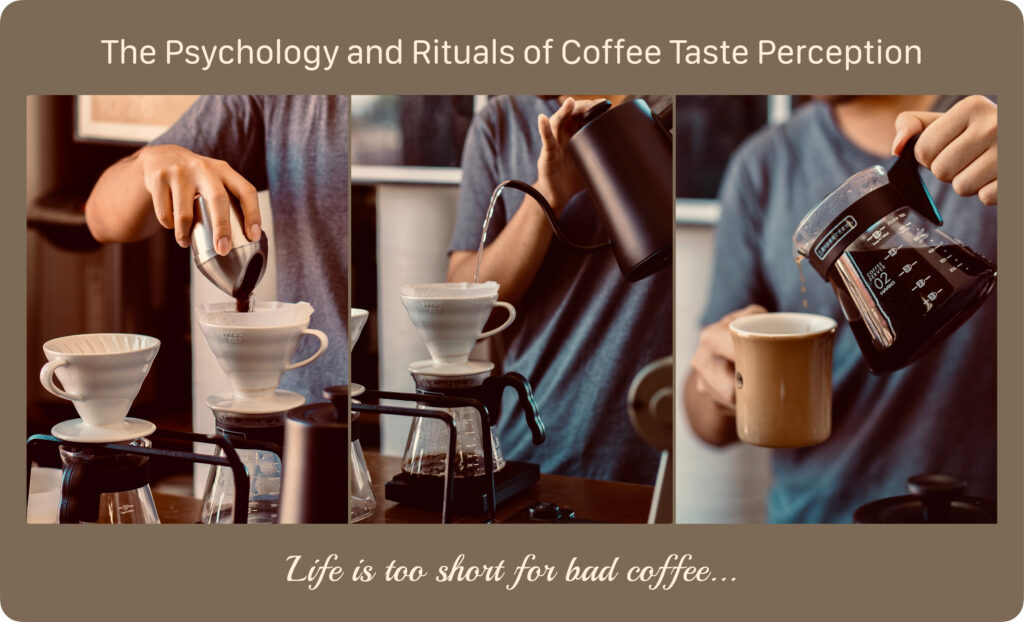
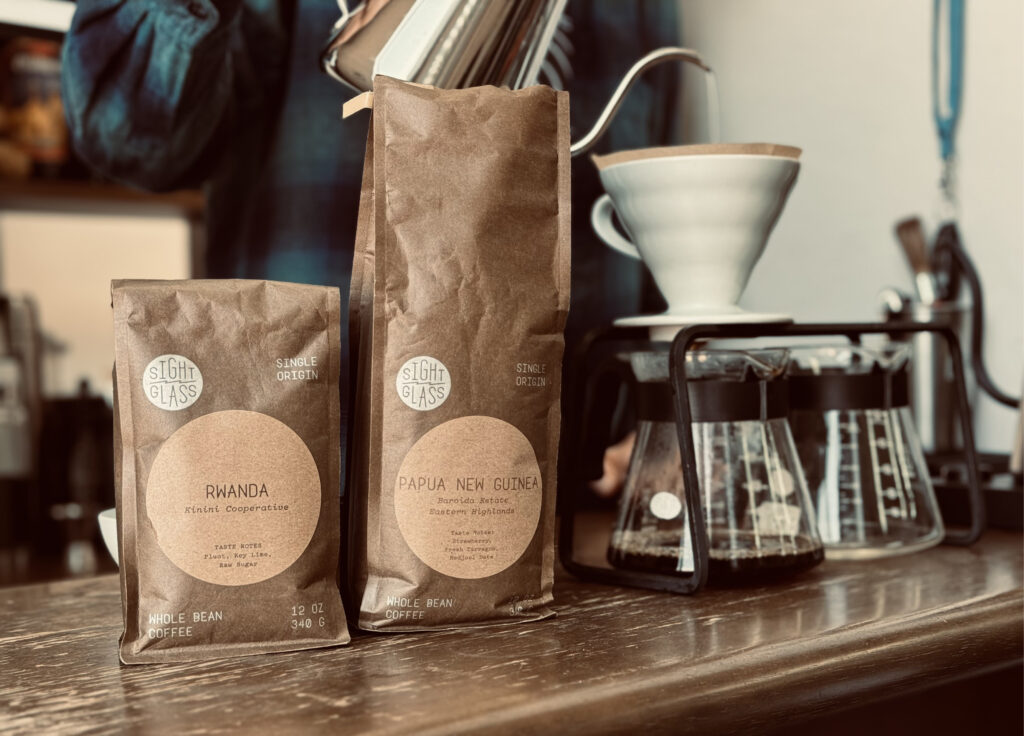
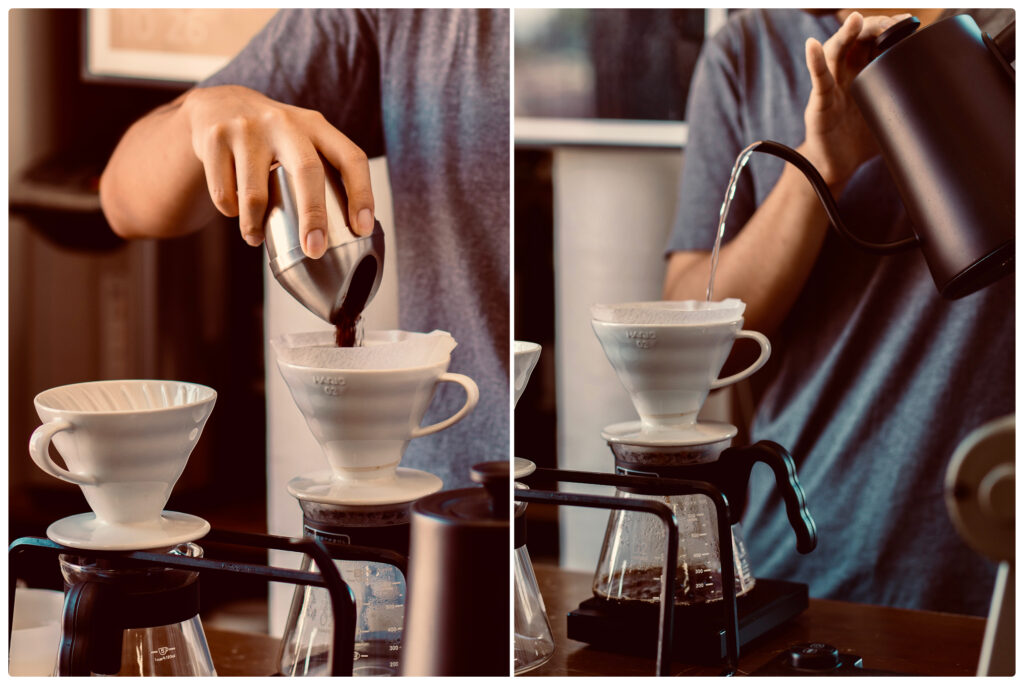
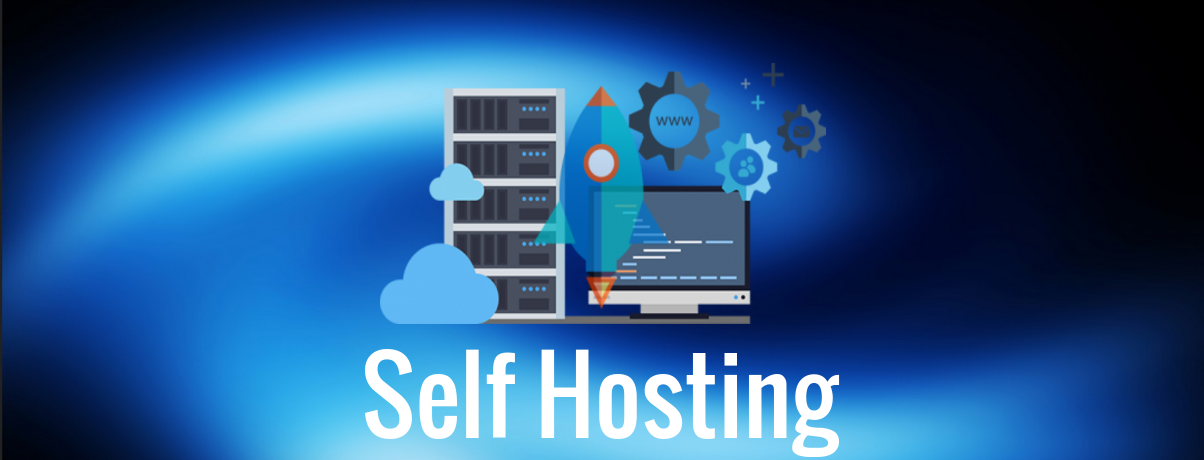 2026/01/23
2026/01/23 2025/12/12
2025/12/12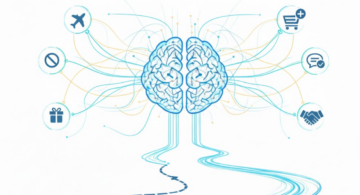 2025/12/07
2025/12/07 2025/11/06
2025/11/06 2025/10/31
2025/10/31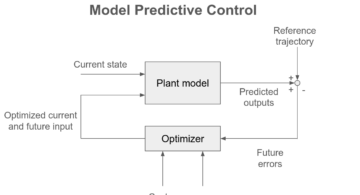 2025/10/24
2025/10/24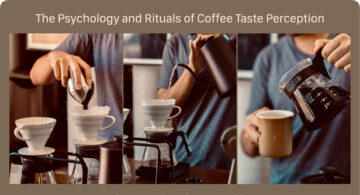 2025/10/03
2025/10/03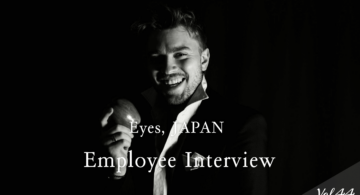 2025/08/30
2025/08/30